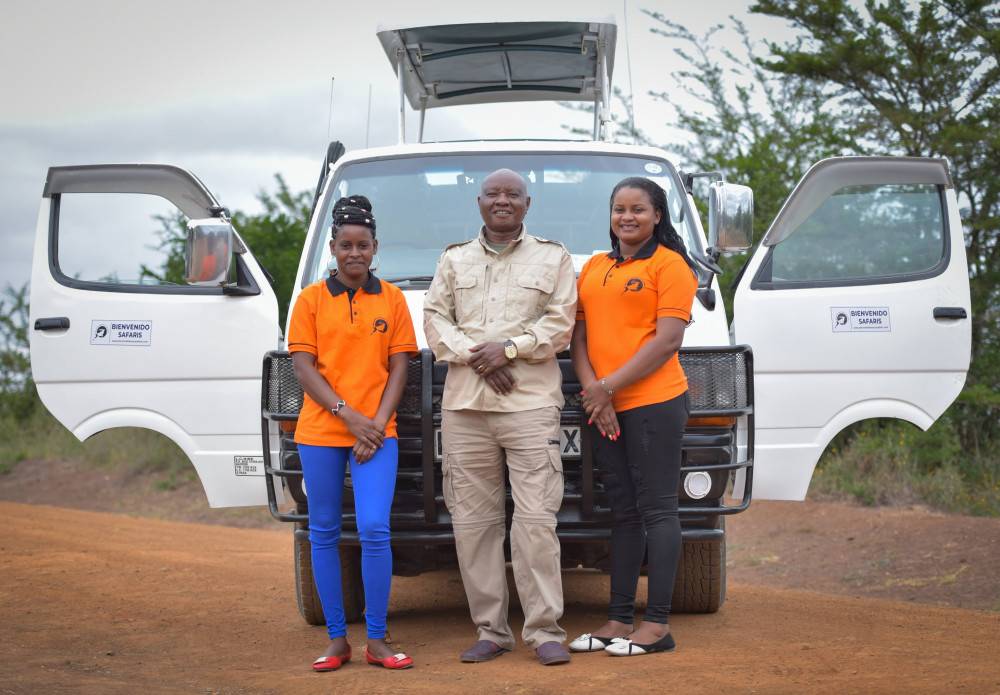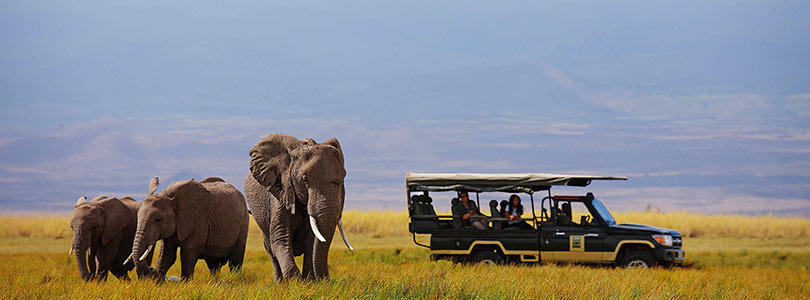New Advice For Deciding On Diani Beach Taxi
New Advice For Deciding On Diani Beach Taxi
Blog Article
What Health Precautions Should I Be Aware While Visiting Mombasa In Kenya?
To ensure you enjoy an enjoyable and safe trip in Mombasa Kenya It is vital to take essential health precautions. Here are some of the main health concerns:
1. Vaccinations
Routine Vaccinations: Ensure that you are up-to-date on routine vaccines such as measles-mumps-rubella (MMR), diphtheria-tetanus-pertussis, varicella (chickenpox), polio, and your yearly flu shot.
Hepatitis A It is recommended for all travelers due to the risk of food and drinking water being contaminated.
Hepatitis B. Travelers exposed to bodily fluids, blood or sexual contact (e.g. medical treatment or use of drugs) must be aware of the presence of this disease.
Typhoid is important for those who stay with friends or family, visits smaller cities or rural areas, or enjoys a variety of meals.
Yellow Fever A certificate of vaccination might be required for those who are traveling from countries that have a high possibility of transmission of yellow fever. Find the most current guidelines.
Rabies: Considered for travelers engaged in outdoor activities that place them at risk of animal bites, such as camping, hiking or caving.
2. Malaria Prevention
Antimalarial Medicine: Mombasa is a malaria-endemic area. Consult your healthcare provider to find out the best antimalarial treatment.
Avoid Mosquito Bites Make use of insect repellents that contain DEET, wear long sleeves and long pants during the evening and night, and sleep under mosquito nets if you are not in an air-conditioned or well-screened area.
3. Food and Water Safety
Drink Safely: Stick to bottled or boiled water. Avoid tap water, ice cubes and beverages that aren't sealed.
Consume only foods that are cooked properly. Avoid raw or cooked seafood and meats. Also, avoid unwashed vegetables and fruits. Avoid street food, and choose reputable restaurants.
4. Diarrrhea of the Traveler
Hand sanitizers and soap as well as water are efficient ways to stop infection. Do not consume any food or beverage from a suspect source.
Bring along medications like Imodium and oral rehydration sodiums. It is recommended to consult with your doctor to find out if antibiotics are needed for severe cases.
5. Sun Protection
Sunscreen: Apply broad-spectrum sunscreen that has an SPF of minimum 30. Reapply sunscreen frequently, particularly after swimming or perspiring.
Wear protective clothing like glasses, hats and sleeves with a light color to limit sun exposure.
6. Heating and Hydration
Stay hydrated by drinking lots of fluids, particularly water, to avoid dehydration. Avoid drinking too much caffeine and alcohol as they can lead to dehydration.
Avoid overexertion. Make sure to take regular breaks, particularly during the hottest part of the afternoon. Beware of heat stroke and heat exhaustion by seeking shade and cool areas.
7. Water Activities: Safety and Security
Swimming in designated Areas Be aware of local recommendations regarding the swimming conditions and the potential dangers, like strong currents.
Marine Life Awareness: Beware of harmful marine life like jellyfishes and sea urchins. If you are walking through shallow waters take water shoes.
8. Care and Insurance. Care and Insurance
Travel Insurance: Make sure that you have adequate travel insurance that includes evacuation and medical emergency situations.
Local Medical Facilities: Get know the local medical facilities. Hotels in the major cities provide information about doctors and hospitals nearby.
Bring enough medicine enough to last the entire duration of your excursion.
9. Contacts for Emergencies
Contact information for your country's Embassy or Consulate in Kenya.
Local Emergency Numbers: Learn the emergency numbers for your local area: Police (999) and Fire (999) and Ambulance (999).
These health precautions will help you reduce your risk to allow you to focus on the holiday and have fun it. Check out the recommended kenya mombasa train for site tips including african safari packages, mombasa tour companies, african safari africa, tours safari africa, afri safari, african safari tours, tour company in kenya, mombasa tour packages, kenya beach mombasa, mombasa tour companies and more.
What Cultural Sensitivities Must I Know When I Am Traveling To Mombasa, Kenya?
To ensure respectful interactions with local people and enrich your travel experience, it is essential that you are culturally sensitive while on holiday in Mombasa. Here are some important considerations to consider:
1. Respect Local Dress Codes
Mombasa's Muslim number is substantial. Dressing modestly is respectful, especially when in public, at places of worship and in neighborhood areas. This means covering chest, shoulders and even the knees.
Wearing beachwear. While it's okay to wear swimwear at the beach however, it is recommended to be sure to cover your skin before you leave the beach area and go to nearby shops or restaurants.
2. Religious Sensitivity
Visiting Mosques: If you want to go to a mosque, seek permission first. Dress appropriately. Women should cover their heads, and everyone should remove their shoes before entering.
Be aware of the times for prayer. Particularly, if there's an Islamic mosque in the vicinity Be mindful and considerate.
3. Photography Etiquette
Permission: Ask permission before taking pictures of people in rural or traditional locations. Some people feel uncomfortable or might think that photos are intrusive.
Restricted Areas - Avoid taking pictures of sensitive areas like military installations or government buildings.
4. Social Interactions
It is crucial to greet people with respect. Swahili uses a greeting known as "Jambo" which is also known as "Hello". It is commonplace to shake hands however, it's better to Muslim women to hold their hands until they are extended or just greet verbally.
Personal Space - Respect your own space and do not make physical contact with anyone, particularly if you are in a conservative setting.
5. Taboos, Cultural Norms
Limit Public Displays Affection. They are generally looked at.
Left Hand Usage: Traditionally, the hand that is left handed is considered to be unclean. It is recommended to use your right hand for eating, greet, and trade goods or money.
Foot: It's rude to show the soles or point your feet towards individuals.
6. Language and Communication
Basic Swahili. Understanding some Swahili words and phrases can help you establish relationships with locals. A few of the most commonly spoken words include: "Asante" or "Habari" which both mean "Thank for your". ).
Politeness: Be patient and polite when you communicate. Kenyans are tolerant of respectful and courteous interactions.
7. Respect Local Customs
Traditional Traditions: Follow the customs and rituals of the past. If you have been invited to attend a local event, pay attention and respect your hosts.
Shopping in local shops and markets is a common practice. But, it's best done with respect and humor. It's not a tactic to fight however it is a social one.
8. Alcohol and Smoking
Alcohol is readily available in many regions, but it should not be consumed openly. Beware of public drinking.
Smoking in public places is not permitted. Smoking is permitted in designated zones.
9. Environmental Respect
Cleaning up litter: Take care to dispose of trash correctly and be mindful of not littering. Take care to respect wildlife habitats and natural areas.
Conservation: Support conservation efforts and respect local wildlife and habitats. Beware of buying products from endangered species.
10. Helping Local Communities
Local Businesses: Support local businesses, markets and artisans to support the local economy.
Responsible Tourism: Select eco-friendly, community-based and tourism choices that help the local community.
If you follow these cultural sensitivity guidelines, you will have a more meaningful and enjoyable experience in Mombasa by increasing your understanding and appreciation of the culture of Mombasa. Follow the recommended Kenya safaris for blog recommendations including mombasa safari packages, safari trips in africa, african safari tours kenya, kenya travel, tours safari africa, kenya tourism, safari excursions, kenya safari holiday packages, kenya safari tours, kenya tours and more.
What Is My Responsibility As An Environmentalist If I'm On Vacation In Mombasa Kenya?
To protect the natural beauty and richness of Mombasa in Kenya, it is vital to be eco-conscious. Here are some important considerations for the environment:
1. Sustainable Accommodation
Eco-Friendly Hotels: Choose accommodations which are sustainable. Find eco-labels or certifications like Eco-Tourism Kenya.
Resource Conservation: Join hotel initiatives to conserve water and energy. Recycle linens, towels and towels. switch off the air conditioner and lights when not needed.
2. Responsible Conservation of Wildlife
Respect wildlife. Keep a safe distance away from wildlife so as to not cause disturbance to them. Follow the guidelines provided by your guide.
Avoid feeding animals. Feeding wildlife could disrupt their diet and behavior.
Don't litter in parks or wildlife reserves. Take all your trash along with you, and then dispose of it in a proper manner.
3. Plastic Reduction
Do not use products with a single use. Keep a reusable cup bag, bag, or the utensil.
Support local initiatives in your area. Participate in local beach clean-ups or other organizations working to lessen the impact of plastic pollution.
4. Water Conservation
Mombasa is a victim of water shortages. Shorten your showers and shut off the faucets when they are not in use.
Utilize eco-friendly and biodegradable toiletries to reduce the amount of water used make sure you use eco-friendly and biodegradable toiletries.
5. Energy Conservation
Reduce Energy Consumption. Limit the use air cooling, and disconnect all electronic devices in the event that they aren't being used.
Encourage Renewable Energy Select accommodation and tour operators that use renewable energy.
6. Sustainable Transportation
Public Transport: Use public transportation such as matatus or buses, when it is possible to decrease the carbon footprint.
You can consider using bicycles for short distances. Certain areas have eco-friendly tuk-tuks.
7. Helping to support local economies
Buy Local: Purchase items such as souvenirs foods, crafts, and other items from local vendors and artisans to support the local economy.
Fair Trade: Choose fair trade certified products to ensure that farmers in the area are paid fairly.
8. Environmental Education
Learn and share: Be informed about the local environment and conservation efforts. You can share your knowledge with others to create awareness.
Respect local cultures: Learn about and respect local customs and practices related to the conservation of our environment.
9. Marine Conservation
Responsible Snorkeling and diving: Avoid touching or walking on coral reefs. Make sure you use sunscreen safe for reefs to keep marine life safe.
Avoid dumping rubbish into the ocean. Join or help in marine conservation efforts.
10. Ethical Souvenirs
Avoid products that are made from wildlife. Do not purchase products made from endangered species like tortoiseshell and ivory.
Sustainable Materials: Purchase products made of sustainable or recycled materials.
11. Take part in conservation efforts
You can consider becoming a volunteer taking part in local tourism or conservation initiatives.
Donate to local NGOs. Donate money to NGOs or conservation organizations that are working to protect and preserve the environment.
12. Responsible Travel Policies
Travel in small smaller groups, with a close knit group to minimize environmental impact.
Eco-Tours: Choose tour operators that are dedicated to eco-friendly and sustainable practices.
You can help preserve Mombasa’s natural resources by bearing your mind on these environmental obligations. It will guarantee that the beauty of the area and its diversity are protected for the future generations. Check out the top rated kenya holiday packages for more advice including tour and travel company, safari and tours, tour and travel company, tours & safaris, kenya tour operator, tours and safaris, safari mombasa kenya, safari company kenya, mombasa tour companies, kenya travel and more.